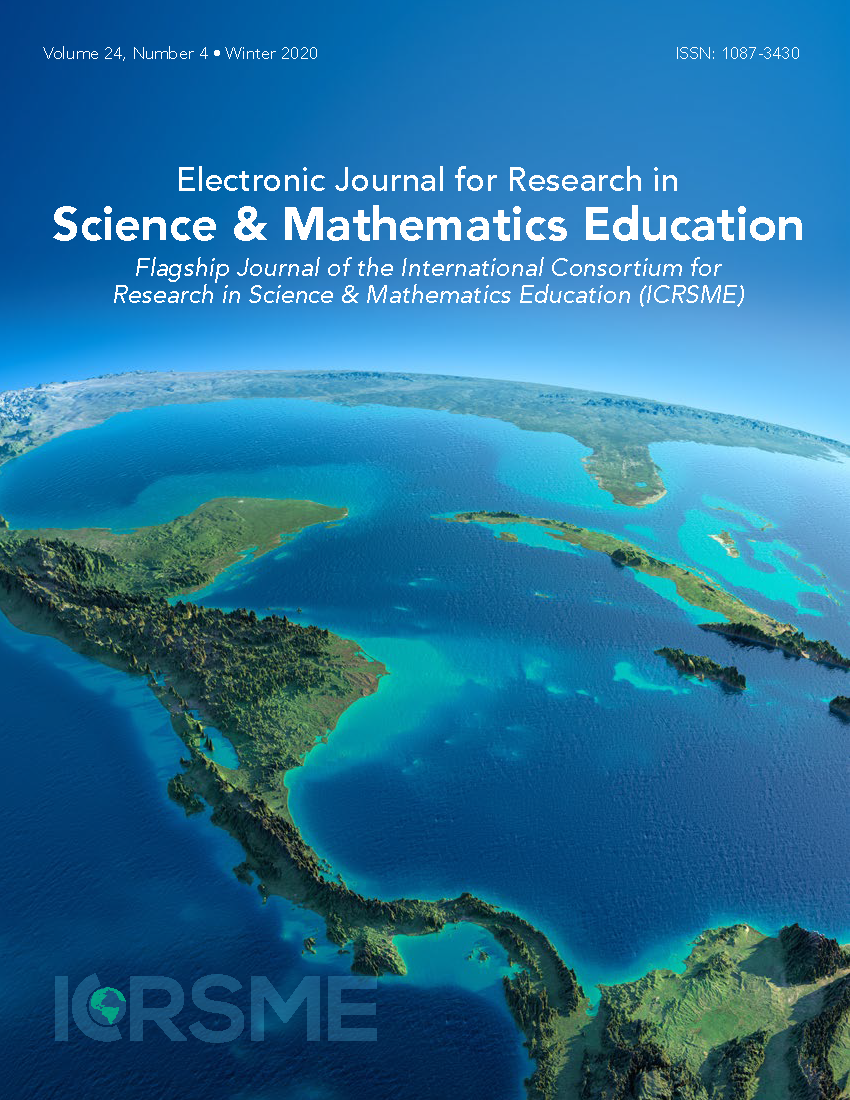The Impact of Participating in a STEM Academy on Girls' STEM Attitudes and Self-Efficacy
Main Article Content
Abstract
The purpose of this study was to examine the influence of participating in a STEM Academy (STEMA) on girls’ mathematics, science, engineering, and technology self-efficacy and STEM attitudes. Twenty-eight sixth grade girls participating in a STEMA were individually matched with sixth grade girls not participating in a STEMA. Both participant groups were administered the Student Attitudes toward STEM (S-STEM)-Middle and High School survey and the STEMA group also participated in focus group interviews. Quantitative data was analyzed using an independent samples t-test, while the qualitative was analyzed using a blend of priori and inductive thematic coding process. The results indicated that the STEMA program did positively influence girls’ mathematics and science self-efficacy, but not their engineering, technology, or STEM self-efficacy and that girls’ self-efficacy perceptions were positively influenced by their participation and teachers in the STEMA program .
Keywords: engineering self-efficacy, mathematics self-efficacy, science self-efficacy, STEM self-efficacy, STEM Academy, STEM careers, technology self-efficacy.
Article Details
© 2025 Electronic Journal for Research in Science & Mathematics Education (EJRSME)
